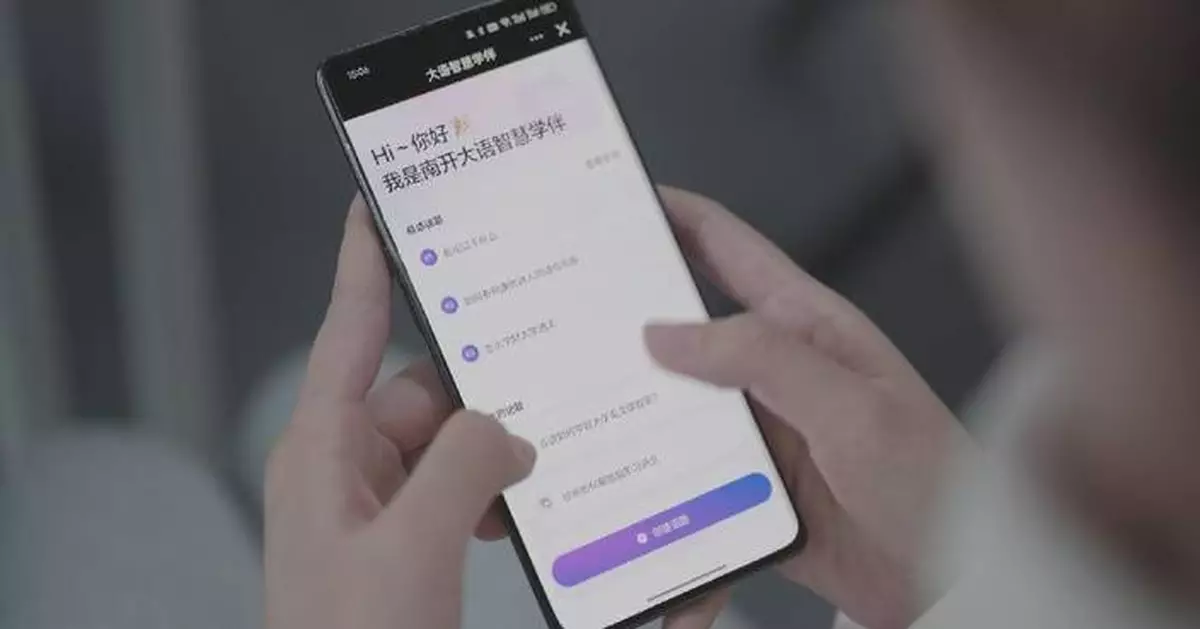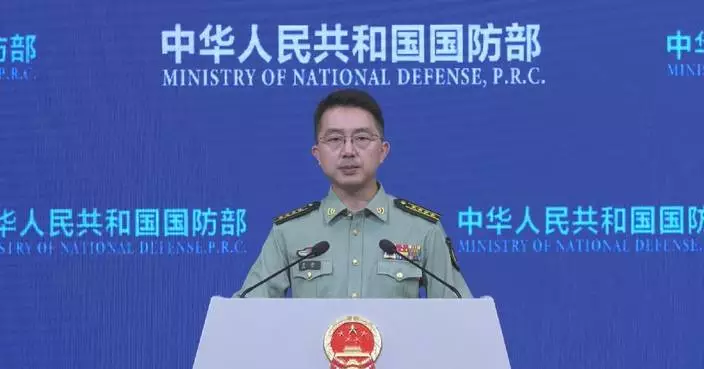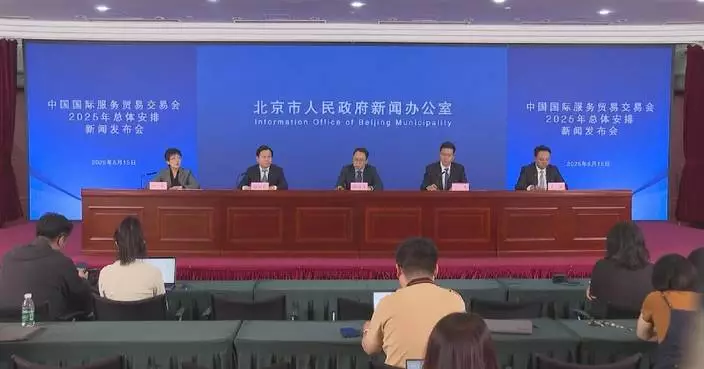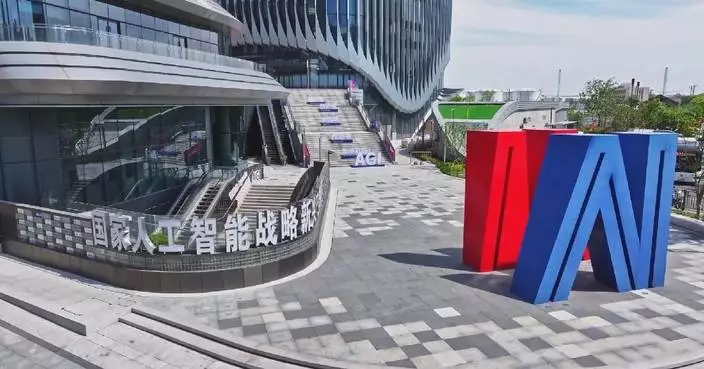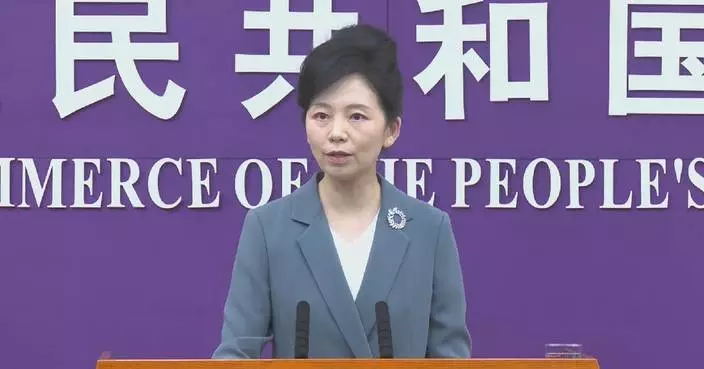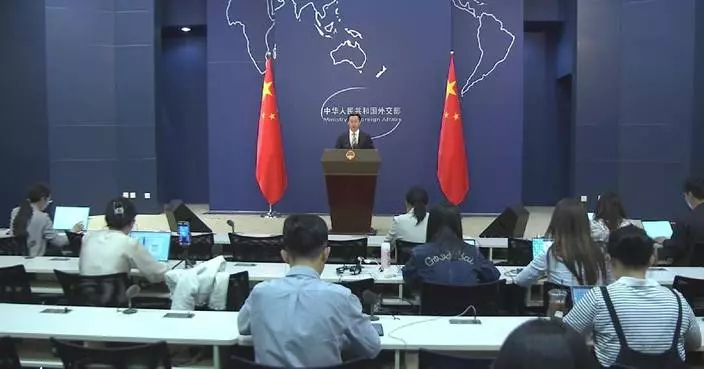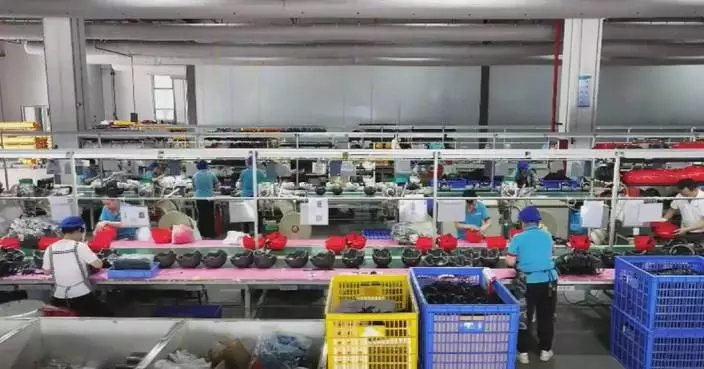Universities across China are embracing artificial intelligence (AI) assistants powered by the Chinese-built DeepSeek-R1, offering 24/7 support to address students' learning and campus life queries while enhancing academic efficiency.
China's open-source AI model, DeepSeek-R1, developed by DeepSeek, a Chinese AI company founded in 2023, has garnered global attention since its launch at the beginning of the year, due to its exceptional performance and low development costs.
Many universities in China have quickly adopted the model, bringing transformative changes to teaching, research, and student life.
For instance, Renmin University of China in Beijing has integrated DeepSeek's model into its self-developed platform for teaching, research, and administration at the start of the semester. Supported by the university's computing resources, DeepSeek has become an indispensable AI assistant for faculty.
"We are using DeepSeek to train large models for various majors across different schools. In the future, this model will serve as a foundation for academic research, enhancing capabilities in research, teaching, and production," said Gong Xinqi, director of the Bigdata and Responsible AI for National Governance at the university.
Some faculty members and students are also feeding course materials and research data into the model, developing specialized databases. For example, the university's School of Mathematics has created an AI teaching assistant to help students with academic problems.
"With this 24/7 AI assistant, we can input math content into the system. When we have common questions, we don't need to ask the teacher anymore, which has greatly reduced communication costs," said Zhao Guangkai, a student at Renmin University.
The integration of DeepSeek has also extended beyond teaching to enhance campus life. Students can now consult the AI assistant for various campus-related inquiries, with more than 1,300 types of services now covered in the AI system.
At Nankai University in Tianjin, faculty and students can create their own AI applications on a platform that already supports a dozen of large models. More than 8,000 intelligent agents have been developed, offering services ranging from campus event updates to research support.
The university's School of Literature has developed a "Smart Learning Companion" application, providing a portable Literature teacher for students.
"We leverage Nankai University's extensive literature teaching materials to train the AI, using 635 different types of data. When students ask the companion for help, it responds based on our trained materials and can forward the conversation to teachers for corrections, which are then fed back into the AI for further learning," said Feng Dajian, associate dean of the School of Literature at Nankai University.
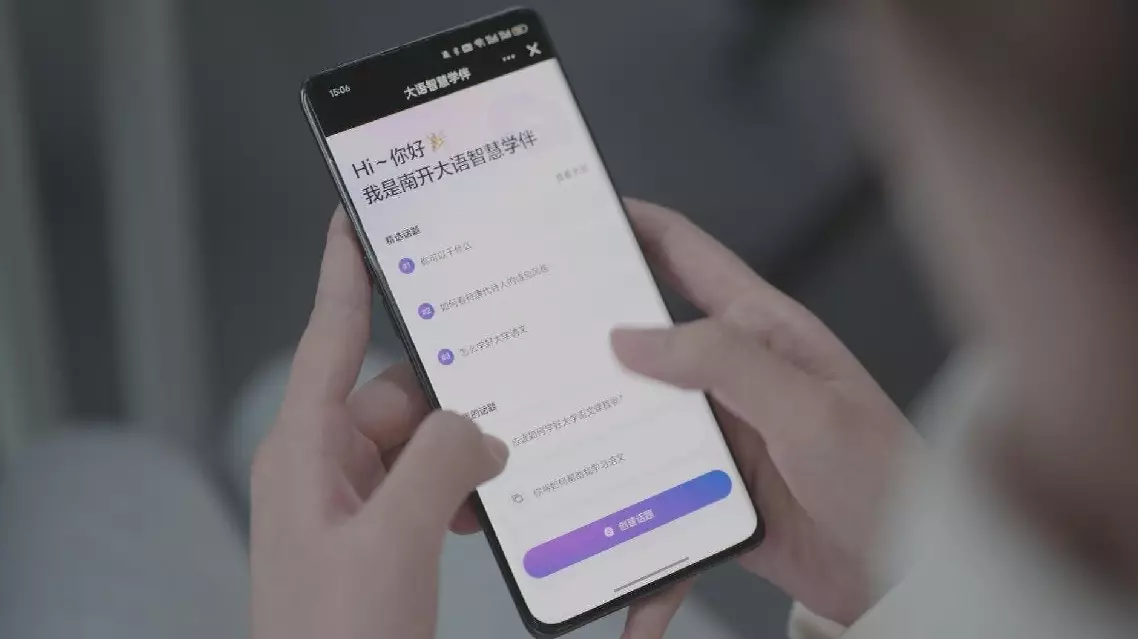
DeepSeek-powered AI assistants revolutionize teaching, research, campus life in Chinese universities
The U.S. Department of Commerce has issued new guidance declaring that the use of Huawei's Ascend AI chips "anywhere in the world" may violate U.S. export control regulations.
The statement, released by the department's Bureau of Industry and Security on Tuesday, explicitly warns of the potential consequences of enabling U.S.-origin "AI chips to be used in training or inference for Chinese AI models."
In response to the statement, the Chinese Ministry of Commerce vowed on Thursday to take resolute measures to safeguard the legitimate rights and interests of Chinese enterprises.
While the move aligns with Washington's broader strategy to curb China's access to advanced semiconductor technologies, it also underscores a deeper anxiety: the fear of losing its global leadership in artificial intelligence.
NVIDIA CEO Jensen Huang said that China is "not behind" the U.S. in artificial intelligence and called the race in AI development a "long-term, infinite race," as he spoke to reporters at a tech conference in Washington, D.C., last month.
During a recent congressional hearing, U.S. tech leaders, including OpenAI CEO Sam Altman and executives from Microsoft and chipmaker Advanced Micro Devices, testified on Capitol Hill to urge lawmakers to streamline policy for AI-related projects and fundraising in order to race against China in AI development.
The latest guideline follows a period of regulatory volatility. After walking back the previously announced "AI Diffusion Rule" from the Biden administration, the U.S. has now pivoted toward this more aggressive interpretation – a shift that highlights the inherent difficulties in enforcing such extraterritorial bans.
Convincing sovereign nations to follow U.S. law, particularly when it limits their own tech development, poses significant diplomatic and operational challenges.
"The Trump administration will pursue a bold, inclusive strategy to American AI technology with trusted foreign countries around the world," Tuesday's statement says.
Implementing a global enforcement regime would likely require bilateral negotiations with dozens of countries – a time-consuming and politically fraught process that risks diminishing returns.
In practice, these efforts may only reinforce China's determination to achieve technological self-sufficiency. Huawei's trajectory stands as a case in point.
Since coming under U.S. sanctions in 2019, the company has made notable advances in AI and chip development. Most recently, the company invited select Chinese tech companies to test its most powerful processor yet, the Ascend 910D, the Wall Street Journal reported, citing sources familiar with the matter. The chip is expected to rival – or even surpass – Nvidia's H100 in performance.
If such innovation continues to emerge under pressure, Washington may need to ask itself: Is the goal to contain China or to compel it to innovate faster?
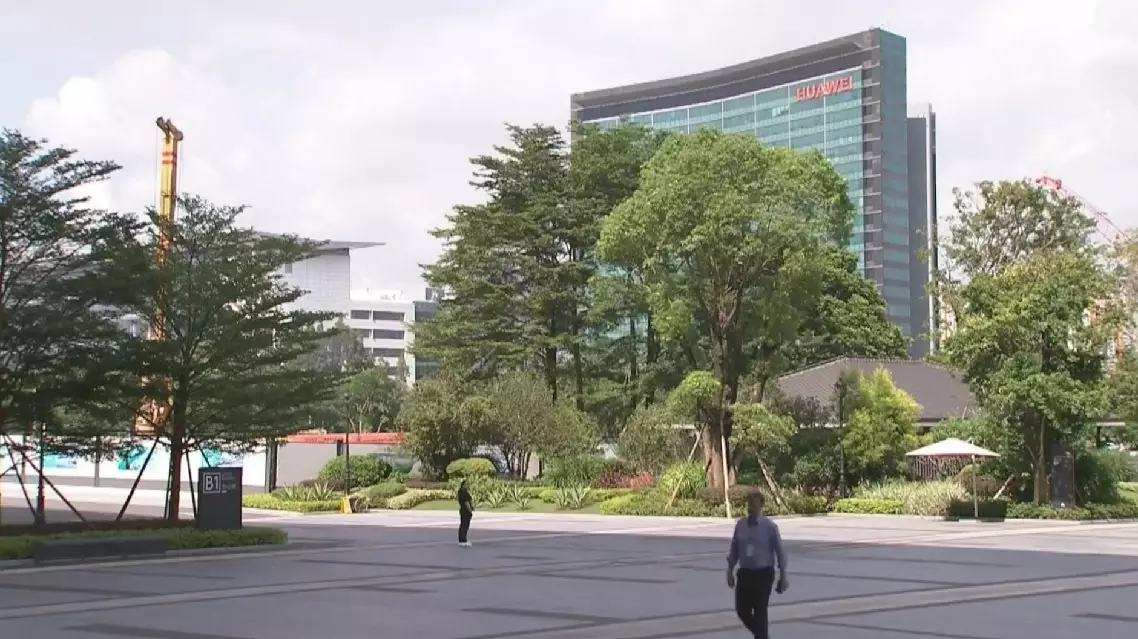
New US guidance on Huawei chip usage reveals deeper fears, tougher realities



